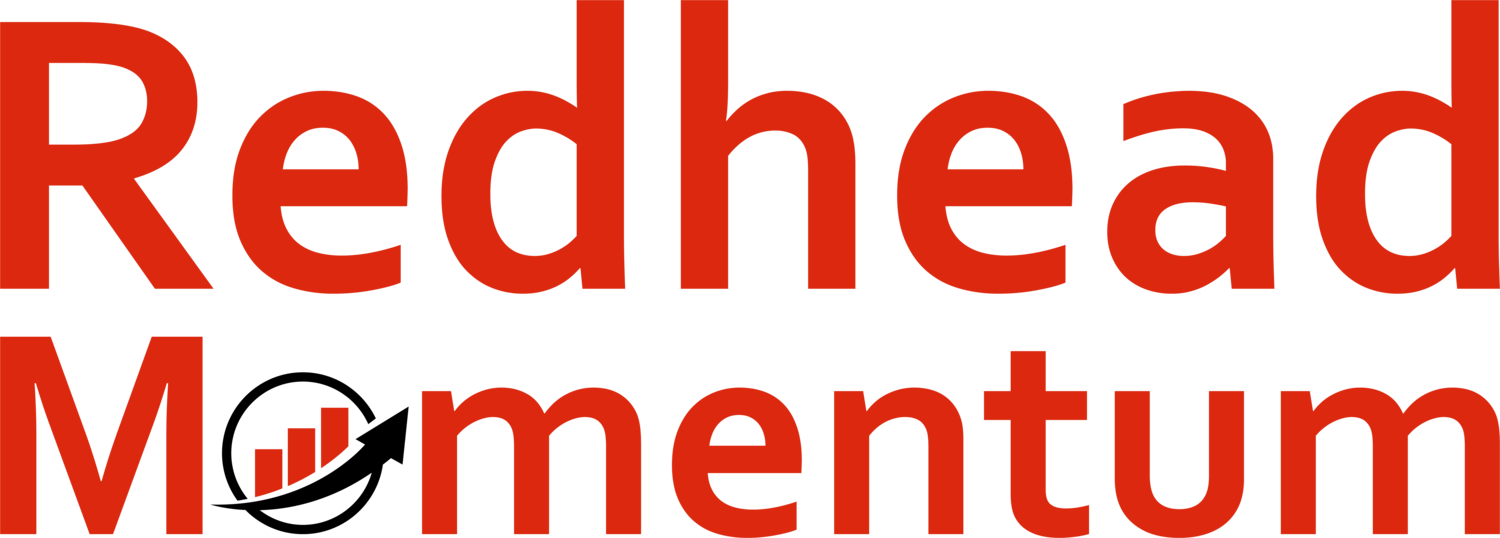My fiance and I once spent 27 hours hiking and camping in the back country of central Colorado. On our way back to civilization, we hiked near a large clearing north of Boulder Lake. The sun was high, the evening cold burned off quickly without a cloud in the sky. I saw two movements (brown and bear-like, if I had to be specific) out of the corner of my eye.
And nothing to hide here: bears outside of a zoo are new to me. I'm confident that's true for many of you. You can laugh all you want but tell me how you feel when you come in contact with one. I've yet to do so. (Or had yet to do so at the time...)
Without identifying what they were, my heart instantly jumped. I stopped, looked over at Jason and asked, "Honey, did you see that?" He stared off into the distance in the direction of my worry, paused, and said, "Yes, it's those two people we saw yesterday. They must have camped across the way."
It was two people, hiking back out of the woods, just like us.
No bears, no threat.
Nothing to worry about.
It made me think of how often we allow ourselves to assume we know something and then take action based on false or missing information. It's our human instinct and our brains trying to be efficient by filling in the blanks with information we've learned (and perhaps never used!) and/or past similar experiences. And in the most dire of circumstances it helps us survive.
But in most day-to-day situations, our assumptions don’t help us.
Taking action with missing information can lead you to form inaccurate assumptions or draw incomplete conclusions and take action on them. Assuming you know the answer to ‘how can I most effectively/authentically lead {translation = inspire} my team to grow the business and love what they do at the same time?” without confirming it with your team could cause you to follow far down the wrong path (or take fast action in the wrong direction). The pitfalls here are many.
Conversely, when you elect to get curious in the moments that you feel oh-so-certain, you open yourself up to huge benefits. It increases your empathy for others, boost your learning, engagement, and performance at work, and helps you respond to change more effectively.
When my client Greg, started asking more questions (both in his head and out loud), instead of making statements, he experienced some significant changes in his work life:
“I now start by looking at trust first when it comes to my team, which enables me to quickly get to the heart of underlying issues/challenges instead of focusing on the tactical details first. Our team has more productive communication and skills to support their roles as leaders.”
3 questions to ask yourself in order to stay curious in any situation:
How are my emotions about my past experiences impacting my response/behavior to the current situation? Is my reaction helping the greater/bigger goals?
Who in my professional circle do I trust that I could I ‘check my thinking’ with on this to gain additional perspective?
Is this a real or perceived threat?
What is my impact to this right now?
What might their good intentions be?
Do they feel heard/understood by me? How do I know (or how can I tell?)
If you find yourself “spotting bears” around every corner, take time to engage yourself in curiosity. Not only will it help you see what’s actually happening around you, it will also help you create solutions when you actually do encounter the occasional grizzly on your path. Because let’s face it: Life’s a bit of a zoo.
If you’re ready to shape your own vision of powerful leadership with the help of a trusted partner who can push you toward a renewed level of curiosity and confidence, schedule a consultation with me today.

